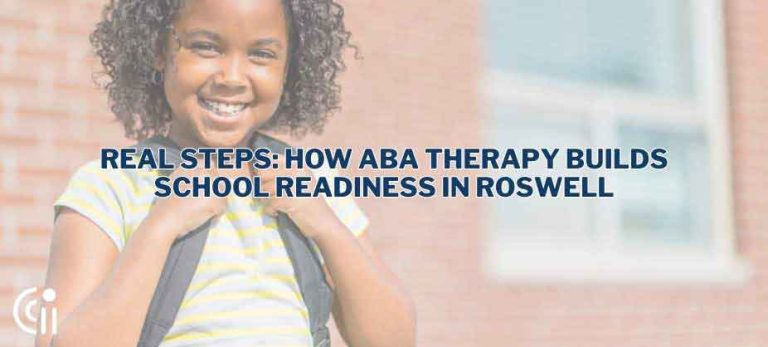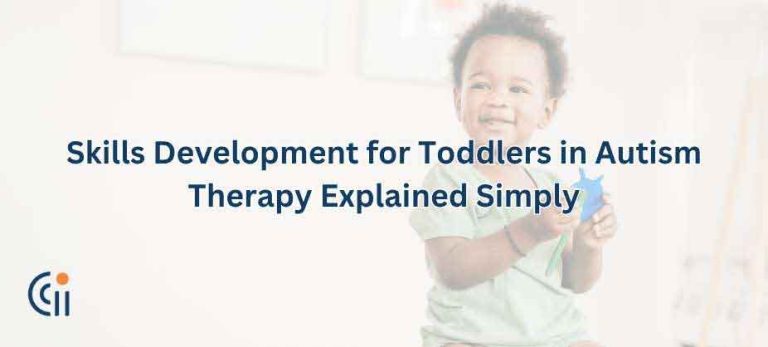Applied Behavior Analysis (ABA) therapy is one of the most effective treatments for children with autism. Though trained therapists often conduct ABA therapy, parents and caregivers play a crucial role in a child’s progress. Active participation from parents ensures that therapy strategies are used at home, helping children develop essential life skills.
Let’s explore why parent involvement in ABA therapy is so important and how it can make a lasting impact.
Why Parent Involvement in ABA Therapy Matters
Parent and caregiver involvement in ABA therapy is vital for a child’s success. Children with autism often need consistency and routine. Involved parents reinforce the techniques and strategies learned during therapy in their daily routines.
For example, if a therapist is working on improving communication skills, parents can use the same methods to encourage their child to communicate at home. This consistency helps the child generalize new skills in different environments, leading to better results.
The Role of Parents in ABA Therapy
Parents play an active role in their child’s ABA therapy. This means working closely with the therapist to learn how to support their child’s growth outside of sessions.
Some ways parents can get involved include:
- Observing therapy sessions to see how the therapist interacts with their child.
- Practicing ABA strategies at home, such as rewarding positive behaviors with praise or small rewards.
- Tracking their child’s progress and sharing observations with the therapist.
By staying involved, parents can help extend therapy’s benefits beyond the clinic, creating a more effective and holistic approach.
Benefits of Parent Involvement in ABA Therapy
When parents actively participate in ABA therapy, children experience more success. Here are some of the key benefits of parent involvement:
- Faster Progress: With consistent reinforcement at home, children can learn new behaviors and skills more quickly.
- Stronger Parent-Child Bond: Working with your child on their goals can strengthen the bond between you and your child. It can also help parents feel more empowered to support their child’s development.
- Better Communication: ABA strategies can help parents improve their communication with their children. This can reduce frustration and improve the overall family dynamic.
- Long-Lasting Results: Parents trained in ABA techniques continue supporting their child’s development long after therapy sessions end.
How Caregivers Can Stay Engaged in ABA Therapy
Even though therapists lead the sessions, caregivers can stay engaged by asking questions, setting aside time for practice at home, and providing feedback to the therapist.
Here are a few tips for caregivers:
- Create a Daily Routine: Incorporate ABA techniques into your child’s everyday routine. For instance, if the therapist is teaching your child to ask for items, encourage them to do the same at home during meals or playtime.
- Stay Positive: Celebrate small wins and progress, even if it’s gradual. Positive reinforcement is essential for both the child and the caregiver.
- Communicate with the Therapist: Regularly share updates with the therapist about your child’s behavior at home. This allows the therapist to adjust the treatment plan if needed.
By staying involved and connected, parents and caregivers can maximize the benefits of ABA therapy.
How Circle City ABA Supports Parent Involvement
At Circle City ABA, we believe that parents and caregivers are key partners in the ABA therapy process. Our therapists work closely with families to provide education, resources, and support. We encourage parents to ask questions and participate in goal-setting for their children.
Circle City ABA is here to help you begin ABA therapy or learn more about getting involved in your child’s care. Find a location near you! We serve Arizona, Georgia, Indiana, Iowa, and Nebraska. We’re dedicated to helping your child thrive through the power of ABA therapy.


